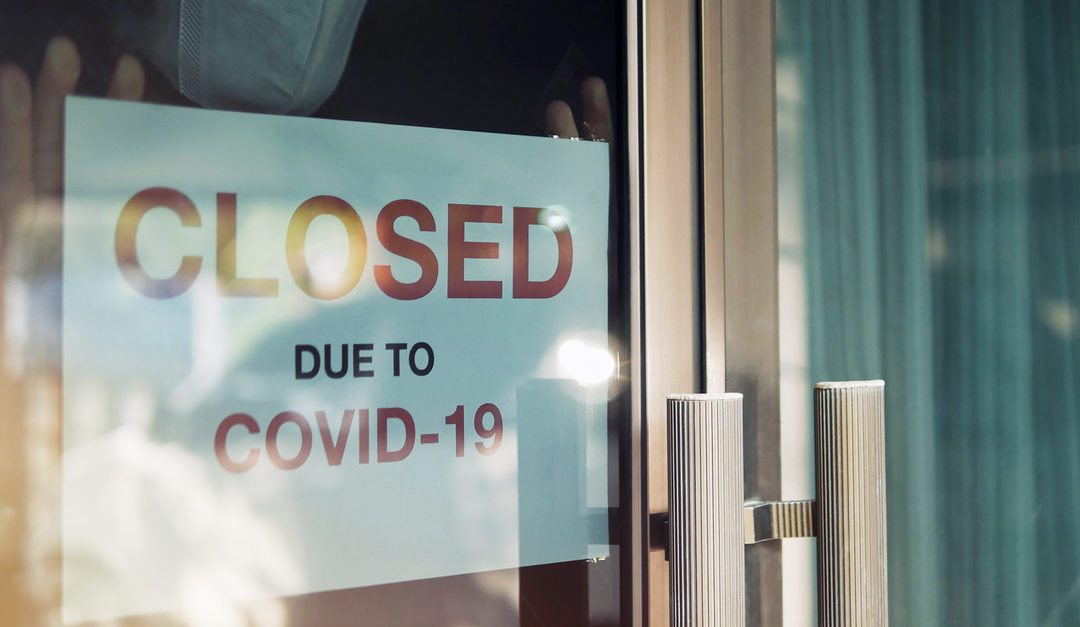Fantasy sports is an industry that’s growing like almost no other. It’s estimated to be a $28 billion market in 2023 and set to grow to more than $50 billion by 2028. Nearly 20% of Americans age 18+ participate in fantasy sports. 20%!
As with all growing industries, innovation is vital to its continued success. But with innovation and growth comes the ever-present threat of government intervention and regulation.
Innovation is the lifeblood of the U.S. economy. A thriving economy depends on a healthy and pervasive innovation ecology across all industries. So, when government directly or indirectly gets in the way, everyone should be concerned.
Computing and sports gaming have a long history of innovation, with computers being used beginning in the early 1960s. More recently, fantasy sports have become increasingly mobile as the computing power that used to take up an entire room can now fit in the palm of our hand. The entire industry has evolved to become one oriented around ease of use, intuition, and convenience.
Sports gambling has grown enormously over the last few decades as, again, technology and innovation have made it more accessible and easier to bet on your favorite team or a risky coin toss. These games of chance depend predominantly on randomness and luck. The gamblers have little to do with the outcome. That uncertainty is the thrill and the appeal. In its simplest form, think of betting lunch with a colleague on the outcome of Monday Night Football.
Something that at first blush may seem similar but is inherently different is fantasy sports. Fantasy sports require skill, insight, assessment, research ability, knowledge, and strategy on the player’s part. The skill of the player directly affects the outcome. Spotting factors that others do not is the thrill of this game, not randomness or luck. The industry’s growth has led to an explosion of new players in this space who want to get in on the action, continue to innovate, and continue to build out new companies and new ideas.
But as is often the case, growth and innovation draw the attention of competitors and government regulators alike. Concerned about the growth of fantasy sports eroding their position in sports betting, some larger, established players are looking to partner with the government to shut out the competition. They want to rig the game by “rent-seeking.” Make no mistake: Innovation and, most importantly, the consumer will suffer.
In economics, “rent-seeking” occurs when companies leverage government to grab a portion of existing wealth or lock in their current market position rather than expending resources, innovating, or otherwise outcompeting others to create their own success. This increases government power as government bureaucracies become the vehicle for gobbling up new or protecting existing market share. Meanwhile, innovation and consumers suffer since government intervention results in an inefficient and unfair allocation of resources, hampering the formation of capital to be invested that would generate further economic growth.
The push is on by those who would slam the door behind them and lock in their position in sports betting. They are actively lobbying across the country, leveraging relationships they have built over the years as a regulated industry. The overt goal is to reverse years of laws and regulations to morph fantasy gaming into gambling. This would force gamers and the fantasy sports industry to labor under extra regulations reserved for those who choose to pursue games of chance rather than those of skill.
States are responding by taking steps to evaluate how government agencies can partner with gaming companies to stop fan-favorite fantasy sports. But the real solution here is simple. Government must not enable those established companies who found success first to build a wall around an entire sector of the economy to preclude competition or innovation.
Games of skill have a different appeal than those games of chance — intellectual challenge versus escapism, outsmarting the field versus the anticipation of an unexpected win. They both have their place, and one is not necessarily better than the other. But conflating the two and subjecting both to identical regulatory burdens fails to protect consumers and serves no one except for government bureaucracies and an entrenched industry trying to snuff out competition.
Bartlett D. Cleland is a research fellow with the Institute for Policy Innovation.
This article was originally published by Sports Business Journal.

Is DoD Control of Our 5G Future the US Path to Innovation?
Earlier this week the Department of Defense concluded the time it allowed for people to submit information regarding the Department’s plan to own and operate a national 5G network. The DoD was seeking guidance on how it could support and develop 5G deployment for...

The Last Mile of the Last Mile
Internet access and broadband coverage across the country is one of the many great American success stories of the innovation economy. For the last decade broadband service providers have made major investments, typically ranking as the largest capital-expenditure...

Bartlett Cleland – Everything You Need to Know About California’s New Privacy Law
PRI Senior Fellow in Tech and Innovation Bartlett Cleland joins us to discuss the California Consumer Privacy Act, which took effect on July 1. He discusses the serious flaws with the new law and how it will impact consumers and business owners, looks ahead to...

CCPA critics warn innovation could lose under the law. What’s at stake?
Companies built empires on user data — information volunteered in exchange for services. But with heightened privacy scrutiny, could those companies survive today? The California Consumer Privacy Act is challenging how companies use data and testing their viability....

Prop 24: A Choice Between Expensive Ineffectiveness or a Prosperous Future
On November 3, Californians will be asked to make a what appears to be a simple decision, that is, would they like to increase their privacy? However, where Proposition 24, to enable the California Privacy Rights and Enforcement Act is concerned, appearances are...
Big Government Won’t Improve Broadband in Rural California
Pick nearly any state in the union and likely it has a large swath of rural area and population. Even California, which is rarely thought of as a “rural state,” is still physically more than half rural, with about four million residents living in those areas. Many...

Instead of Fining Businesses Government Should Get Its Own House in Order
Last month the state of California began enforcing its expensive and heavy-handed new business privacy laws despite the economic burdens already borne by business because of COVID-19 and the government’s shut down of the economy. At $55 billion in compliance costs...

California Doubles Down on Unworkable Data Privacy Law During Second COVID Shutdown
Businesses were ordered to close. Schools were shuttered. People were told to stay home. Many believed that in a week or two life for the most part would return to normal and that COVID would be a bad memory. Now, four months later, California has not just halted...

Social Media Listened to Congress But it Still Wasn’t Enough
Congress loudly criticized social media for “allowing” itself to be manipulated by foreign powers to influence America’s 2016 presidential election. This alleged lack of content moderation during the last election cycle earned many sites a reputation as irresponsible...

IEI Urges FCC To Adopt its 5.9 GHz Proposal to Power Wi-Fi’s Future Success
Click to Read the Full Letter


Recent Comments